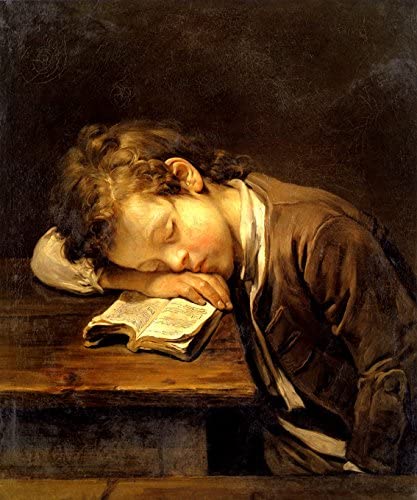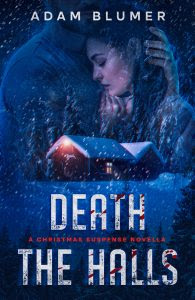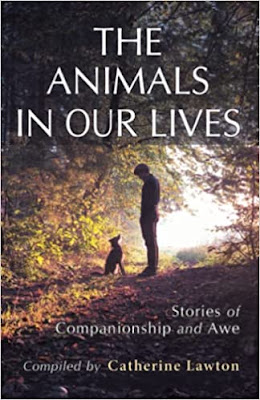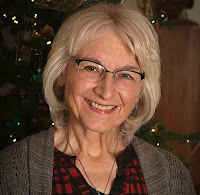When you have a Pulitzer Prize-winning novel and a spectacular commercial success like
All the Light We Cannot See, the next book is going to be a challenge. From what Anthony Doerr says in the acknowledgements for his new novel Cloud Cuckoo Land, he had a rather intense struggle on his hands. He credits his wife with keeping him from throwing the manuscript out on five separate occasions as he worked on it. All the Light We Cannot See gradually fused together two separate stories, that of a French girl and a German boy, during World War II. Cloud Cuckoo Land uses that same approach – fusing separate stories that gradually merge. But this time, Doerr is managing three narrative threads, and they are separated by hundreds of years. It’s a more complex, and more ambitious, undertaking than his previous novel, and it requires close reading until the reader masters the threads.
What binds the three stories together is an old, decayed codex, only parts of which have survived. The codex is a novel called Cloud Cuckoo Land, the subject of the ancient Greek play The Birds by Aristophanes. To live in Cloud Cuckoo Land is to live in a crazy, absurd place, where the impossible might happen, or you think it might, like being turned into a donkey, a fish, and a bird. People who believe in such a place tend to deny reality, or so we might think. The interesting idea running through Doerr’s novel is that Cloud Cuckoo Land is often the absurd reality we have to live within.
One narrative thread concerns Anna and Omeir. Anna is a young girl, an orphan living in the last days of Constantinople before the fall to the Ottoman Turks in 1453. She and her sister work in a a sewing shop, where young girls and older women sew and embroider, usually fine, threaded clothes for priests and the wealthy. Omeir is a young boy from the area that is now likely Bulgaria, pressed into service as a teamster when the family’s oxen are requisitioned by the sultan for the final siege of Constantinople. Anna finds an old, moldering manuscript in a ruined monastery, and it is the codex of Cloud Cuckoo Land.
A second thread centers on Zeno Ninis and Seymour Sturbridge, who live in present-day Idaho. Zeno is 86, with a hard-won gift for translating ancient Greek. When the Vatican Library announces the discovery of a new technology allowing scientists to decipher old codexes, and that it is putting one online, Zeno is thrilled, and he begins a translation. Seymour is 19, mesmerized and radicalized by an online personality, and he’s planning to blow up the town’s library, which sits adjacent to the major area property developer. Inside the library are Zeno and five kindergarten children, working on a planned production of Zeno’s translation of Cloud Cuckoo Land.
 |
| Anthony Doerr |
The third thread is Konstance, a 10-year-old girl on board the spaceship Argus, traveling an impossibly far distance to reach a planet much like Earth. Earth has become almost uninhabitable. It’s sometime in the 2060s, or thereabout. Life aboard the Argus is highly regulated, centered on a central digital presence called Sybil, who’s wired into everyone and everything. Konstance’s father keep a blue-bound book by his bedside; the book is Zeno’s translation of Cloud Cuckoo Land.
Two things you can be sure of with all three threads. Nothing is ever as it appears; reality can often be as absurd as anything in Cloud Cuckoo Land. Second, never to be underestimated is the power of books, or a book, to extend across centuries and bind people together is real, tangible ways.
Doerr won numerous prizes for All the Light We Cannot See, including the Pulitzer Prize for fiction, the Carnegie Medal, and the Alex Award. He’s also published two short story collections, Memory Wall and The Shell Collector, the novel About Grace, and the memoir Four Seasons in Rome. His other recognitions include five O. Henry Prizes, the Rome Prize, the National Magazine Award for fiction, a Guggenheim Fellowship, and the Story Prize. A native of Ohio, he and his family live in Idaho.
Cloud Cuckoo Land is, as Doerr acknowledges, a tribute to the power of books. It is also a very human story of people across centuries, unknown to each other but bound together by a book (or codex). It initially takes patience on the art of the reader to keep track of the threads and subthreads, but the reward for doing so is ultimately a rich one.
Related:
Anthony Doerr’s All the Light We Cannot See.

















